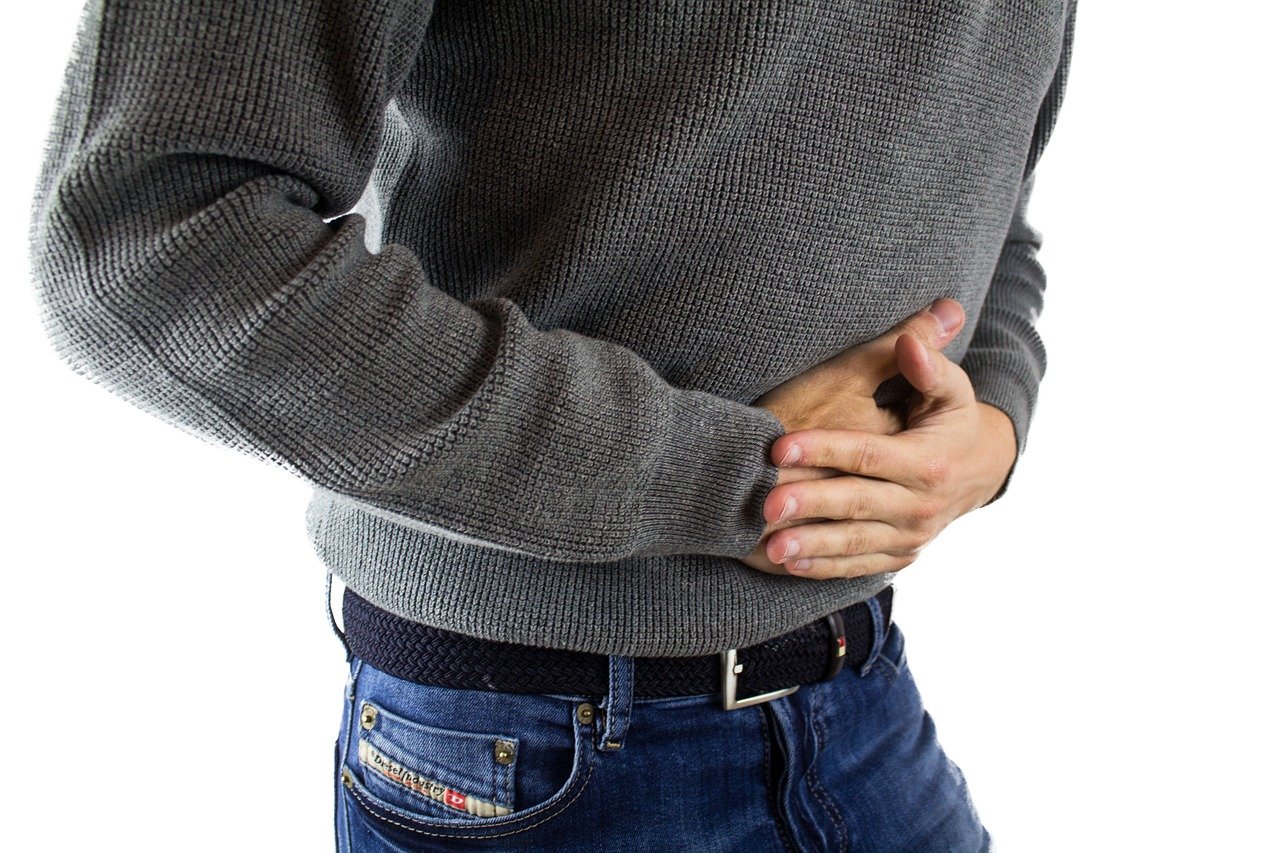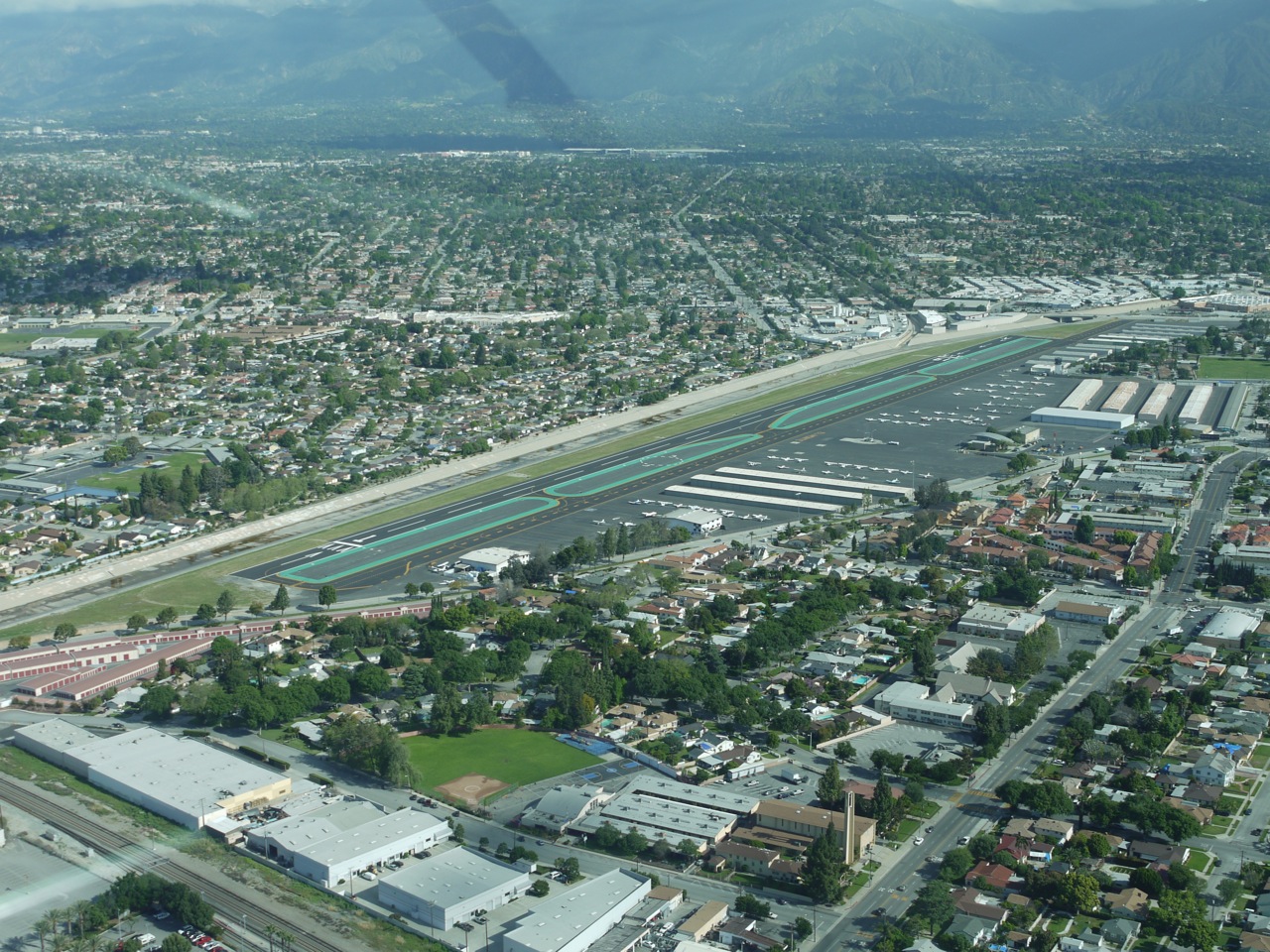Patients with inflammatory bowel diseases do not appear to have increased risk of side effects from the Pfizer or Moderna COVID- 19 vaccines, according to a Cedars-Sinai study.
In fact, those being treated with advanced immune-modifying therapies may experience vaccine-related side effects less often than the general population, according to the study published online and upcoming in print in the American Journal of Gastroenterology.
IBDs, including Crohn’s disease and ulcerative colitis, are chronic conditions that occur when the intestinal immune system becomes overreactive, causing chronic diarrhea and other digestive symptoms. In a published survey at the beginning of COVID-19 vaccine distribution, 70% of IBD patients reported concern about side effects from the vaccines.
“What we’ve learned is that if you have IBD, the side effects you’re likely to experience after a vaccine are no different than they would be for anyone else,” said Dr. Gil Melmed, corresponding author of the study and director of Inflammatory Bowel Disease Clinical Research at Cedars-Sinai. “If you’re being treated with advanced therapies such as biologics, these side effects might even be milder. So, don’t let that be a reason that you’re not getting vaccinated.”
Patients with IBD and other immune-related conditions on biologic therapies were excluded from COVID-19 vaccine trials, so Melmed and fellow researchers evaluated post-vaccination side effects in 246 adult IBD patients in a nationwide COVID-19 vaccine registry used by investigators at Cedars- Sinai.
Those patients, like those in the general population, most often reported pain and swelling at the injection site, followed by fatigue, headache and dizziness, fever and chills, and gastrointestinal symptoms. Most side effects were mild and lasted only a few days.
Very few IBD patients reported more severe side effects — most commonly fatigue, fever and headache. And just two of the 246 patients studied reported severe gastrointestinal symptoms.
Many IBD patients expressed concern that vaccination would cause a “flare” or worsening of their condition. Research into whether post- vaccination GI symptoms were from flares or simply reactions to the vaccine is ongoing. However, Melmed emphasized that the vast majority of reported gastrointestinal symptoms were short-lived and resolved on their own.







